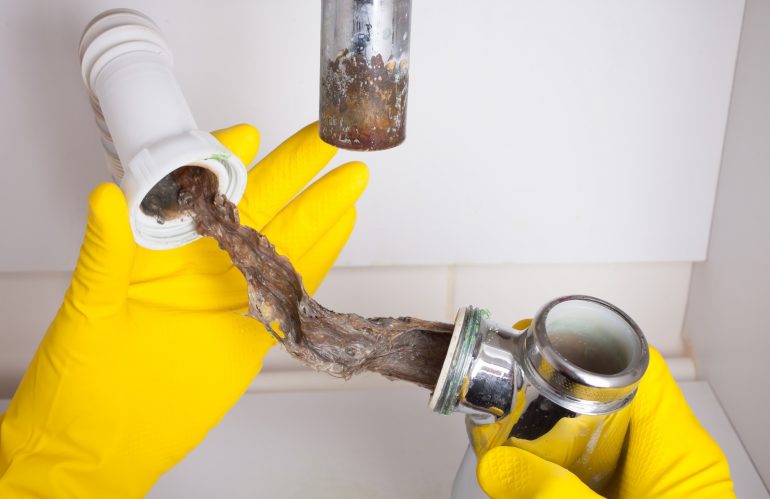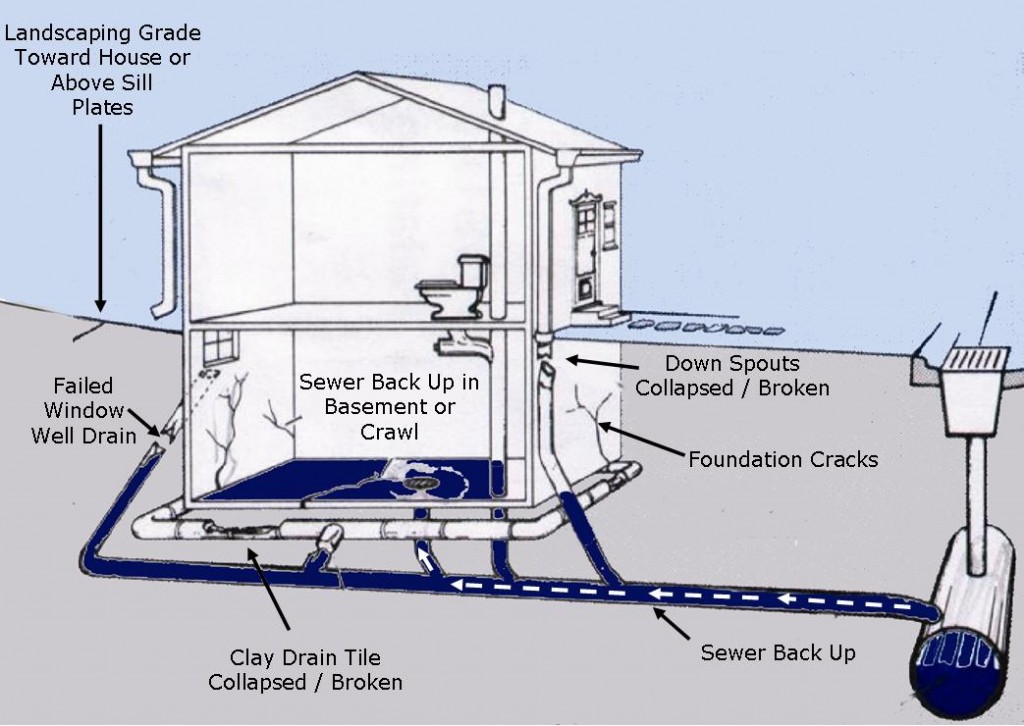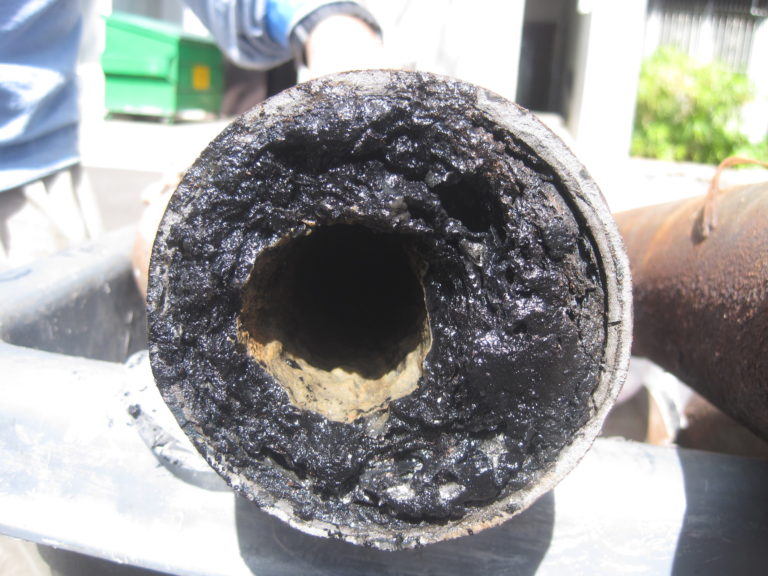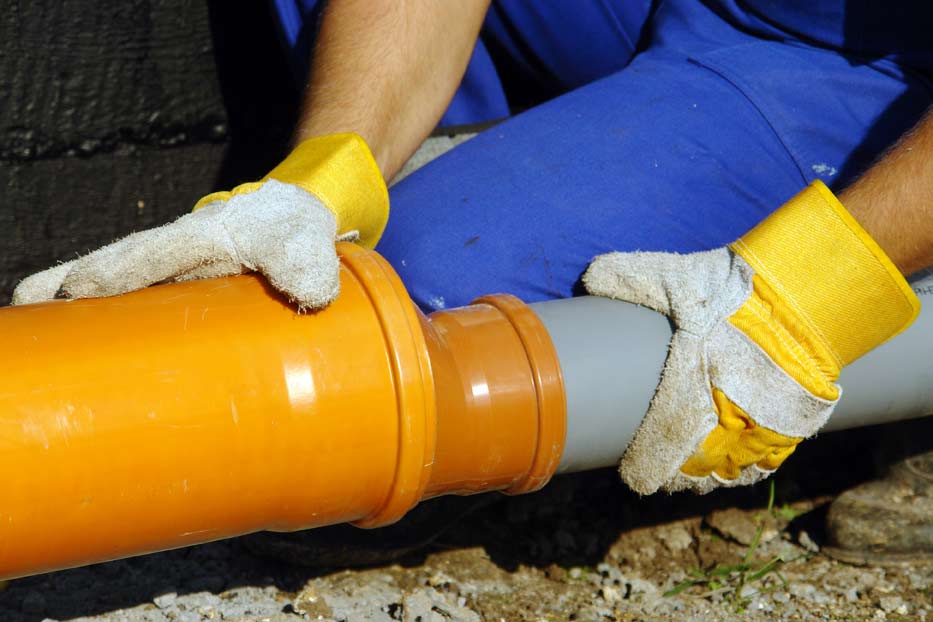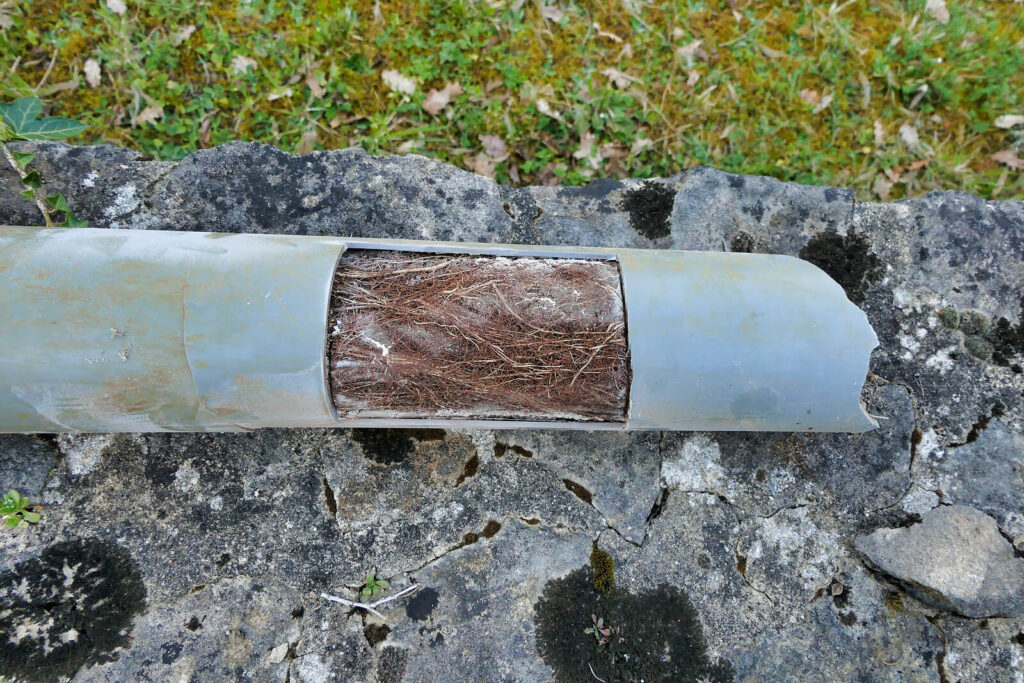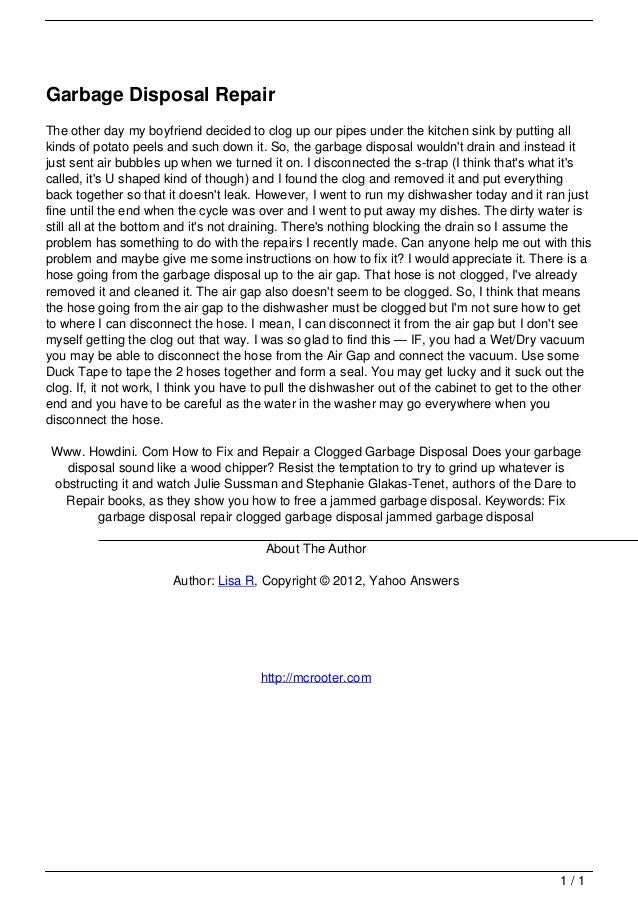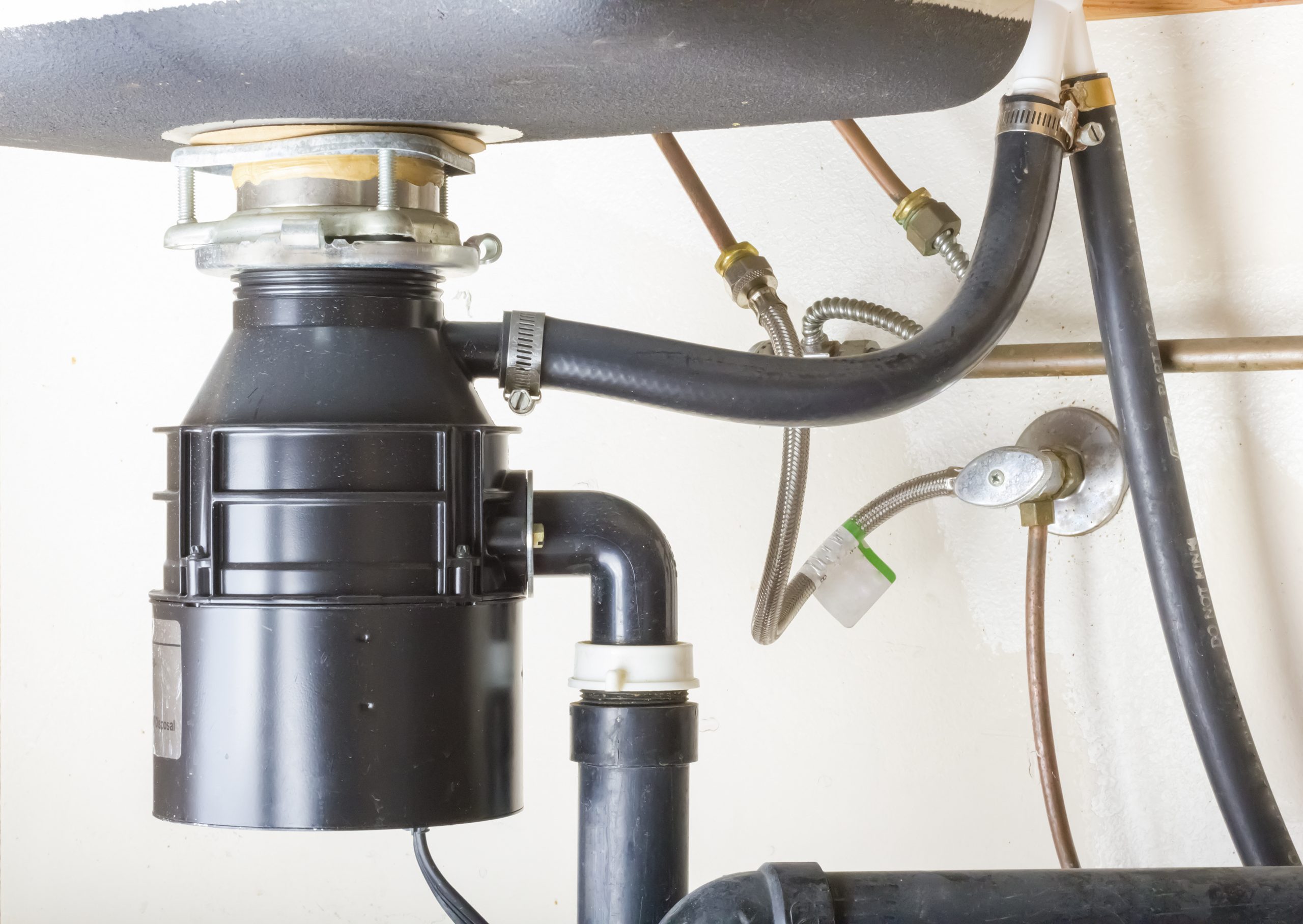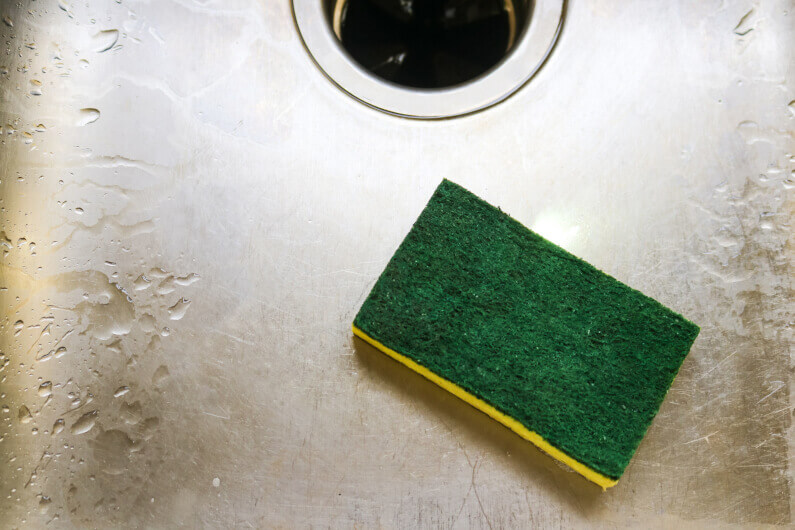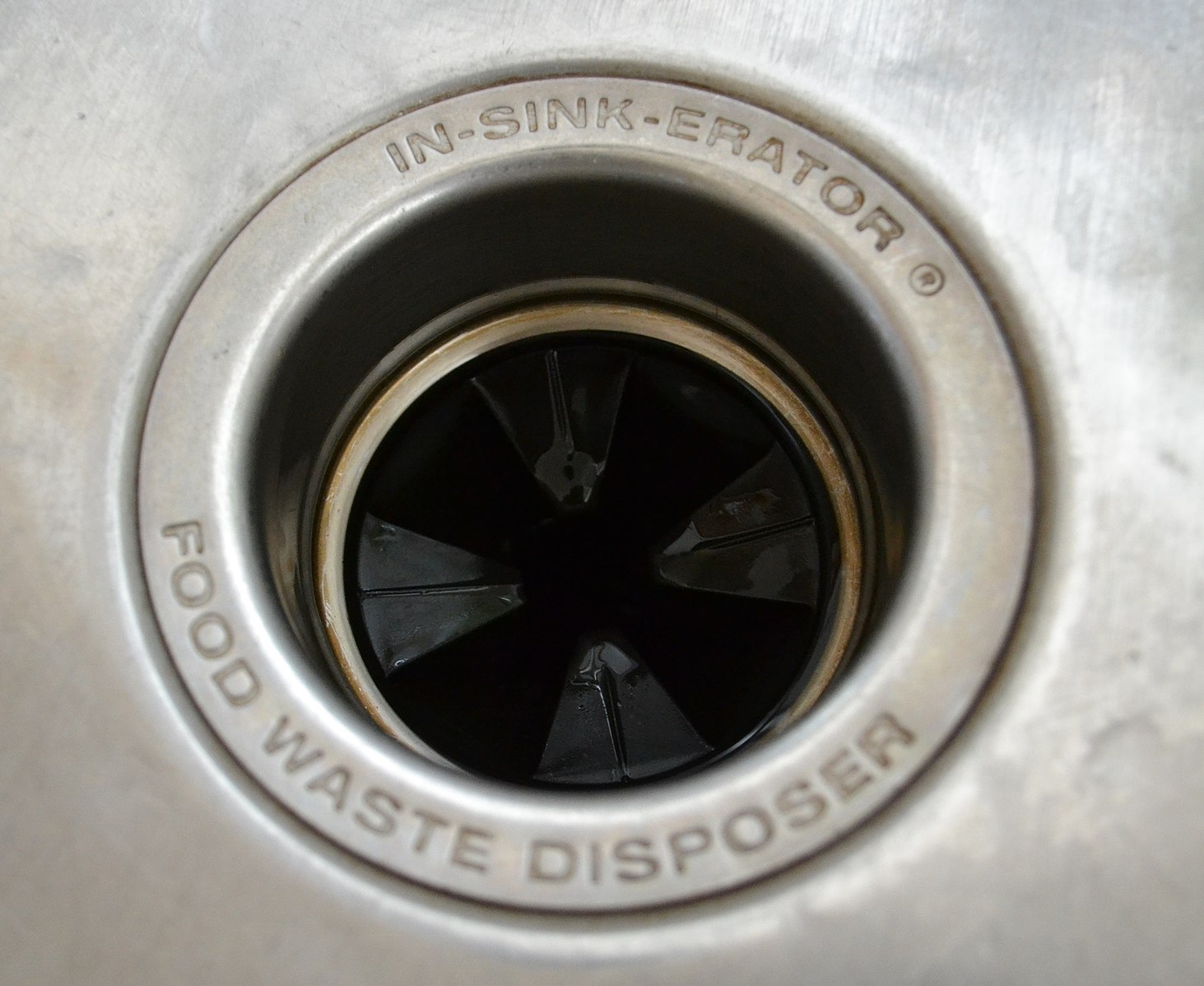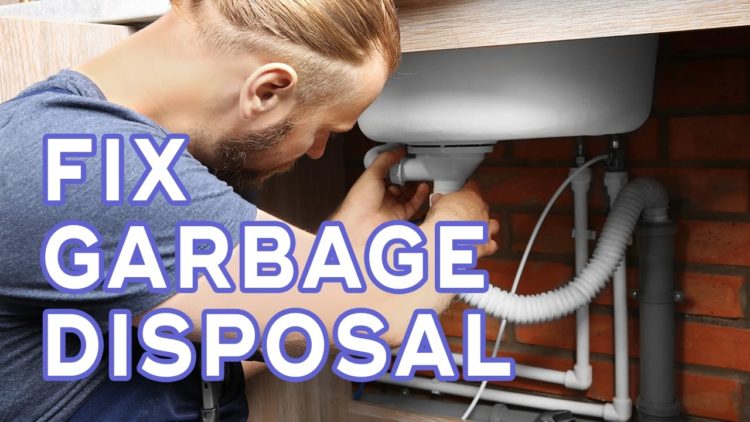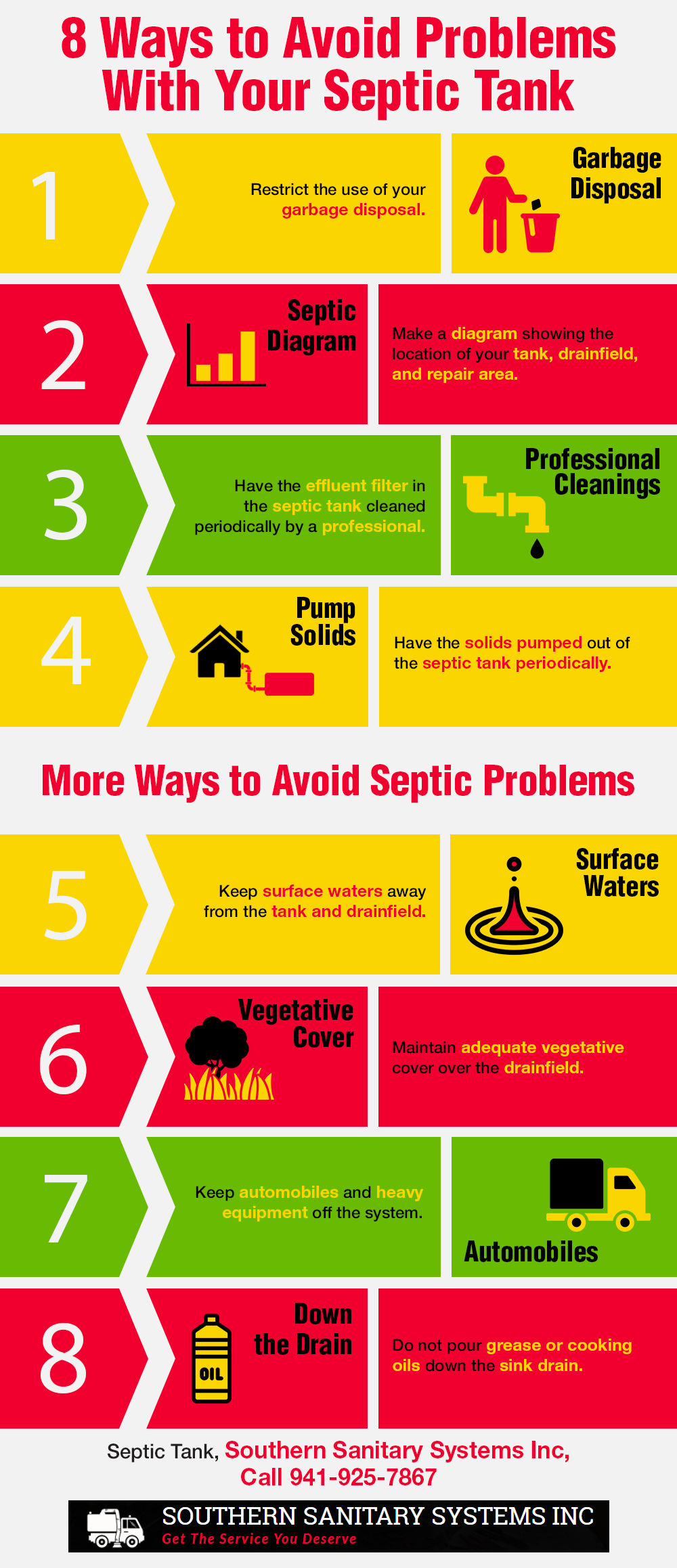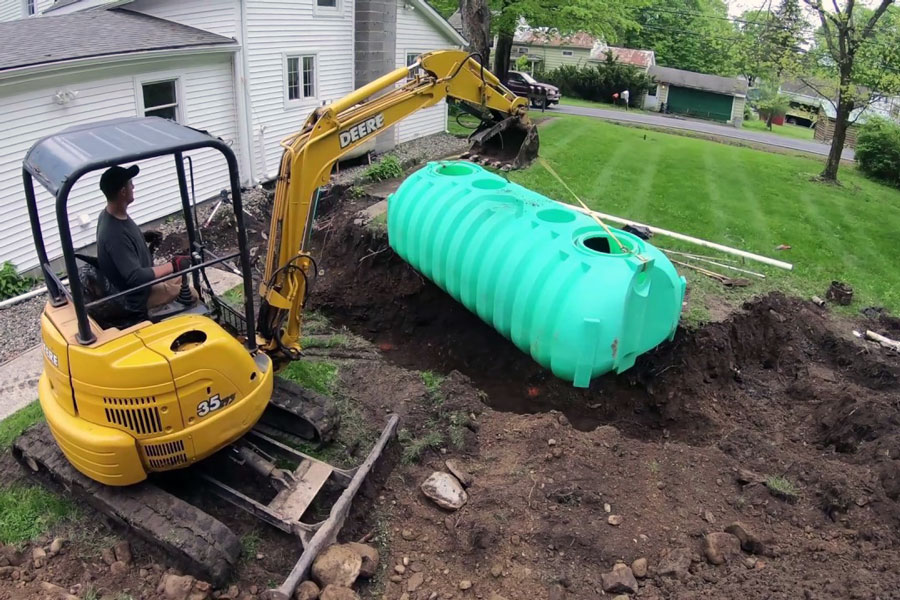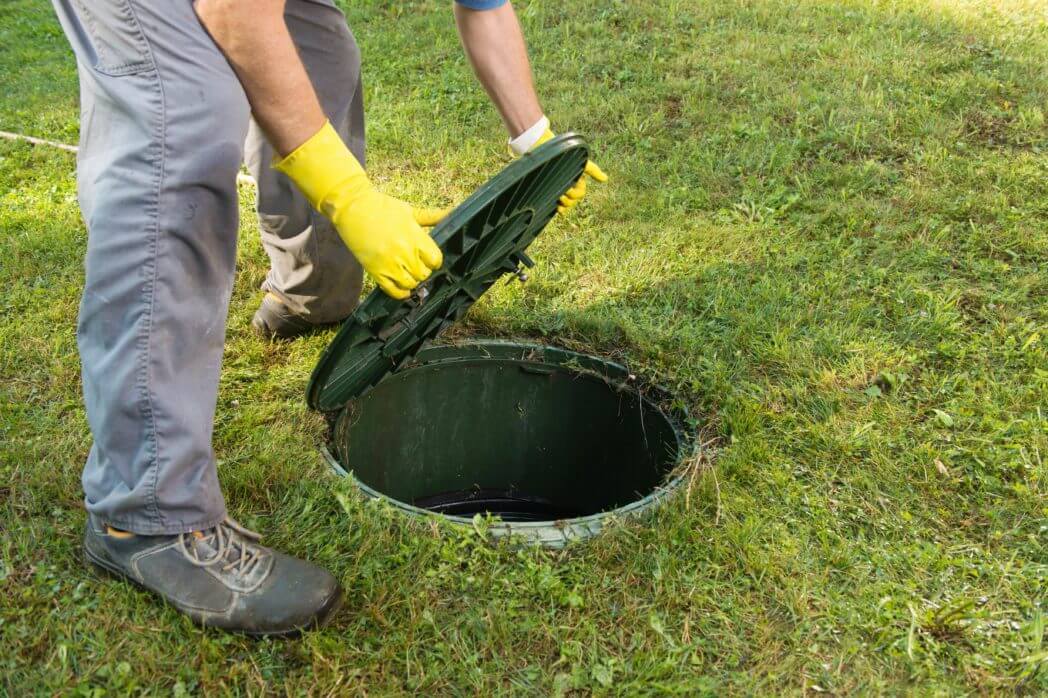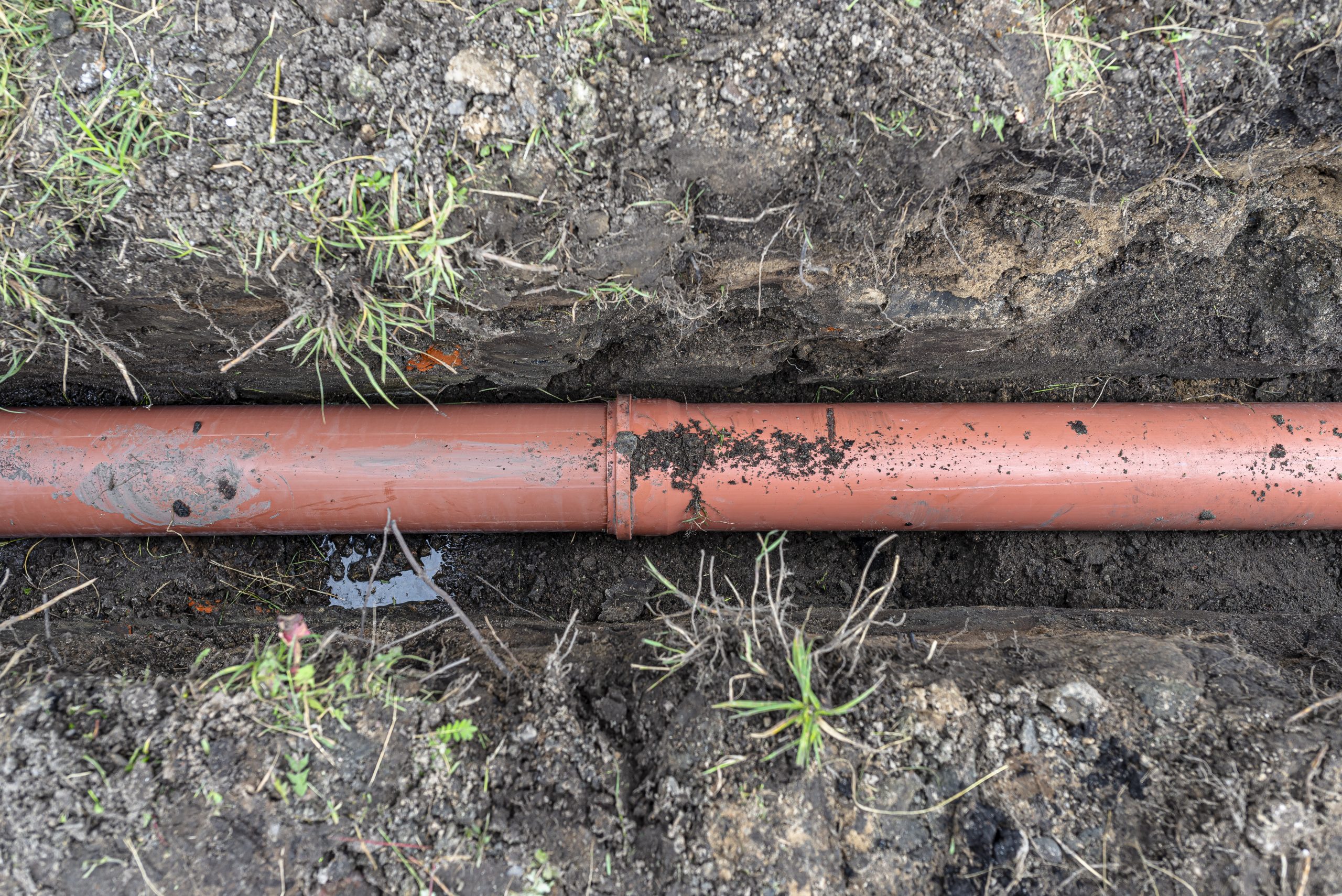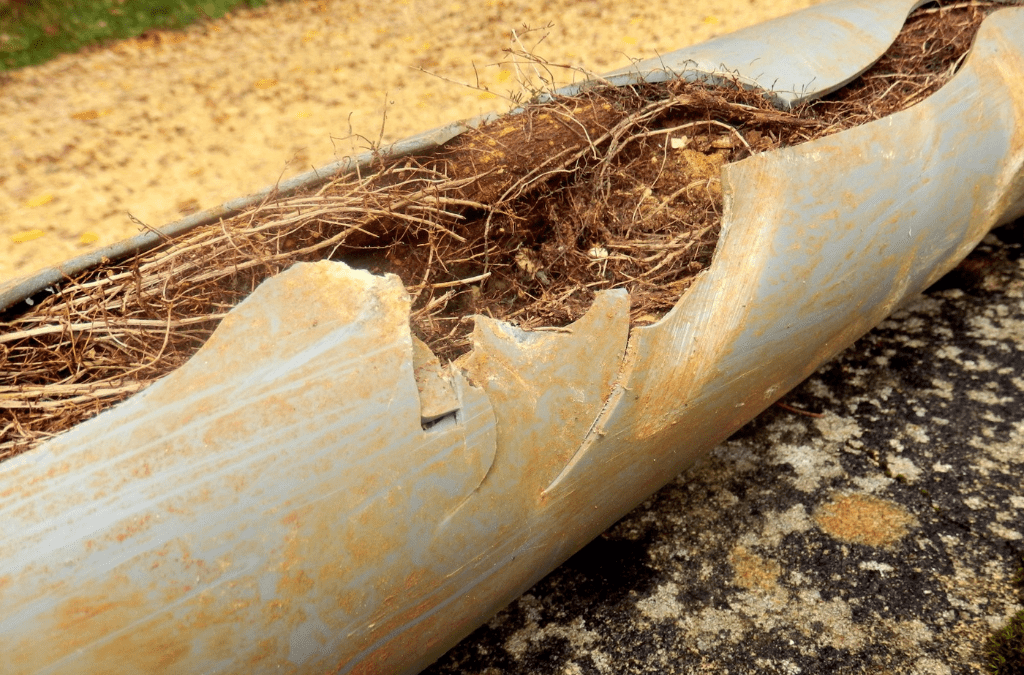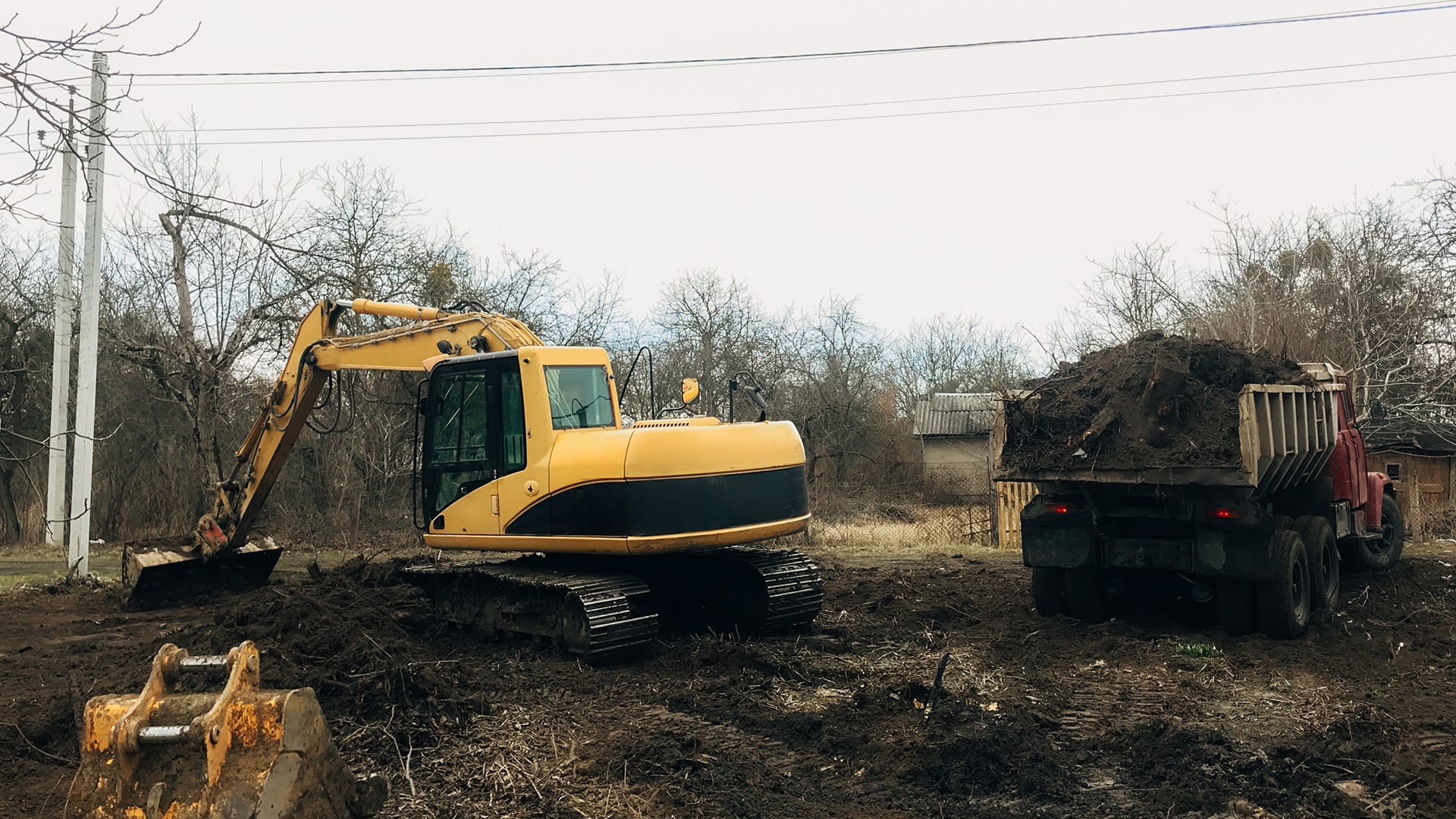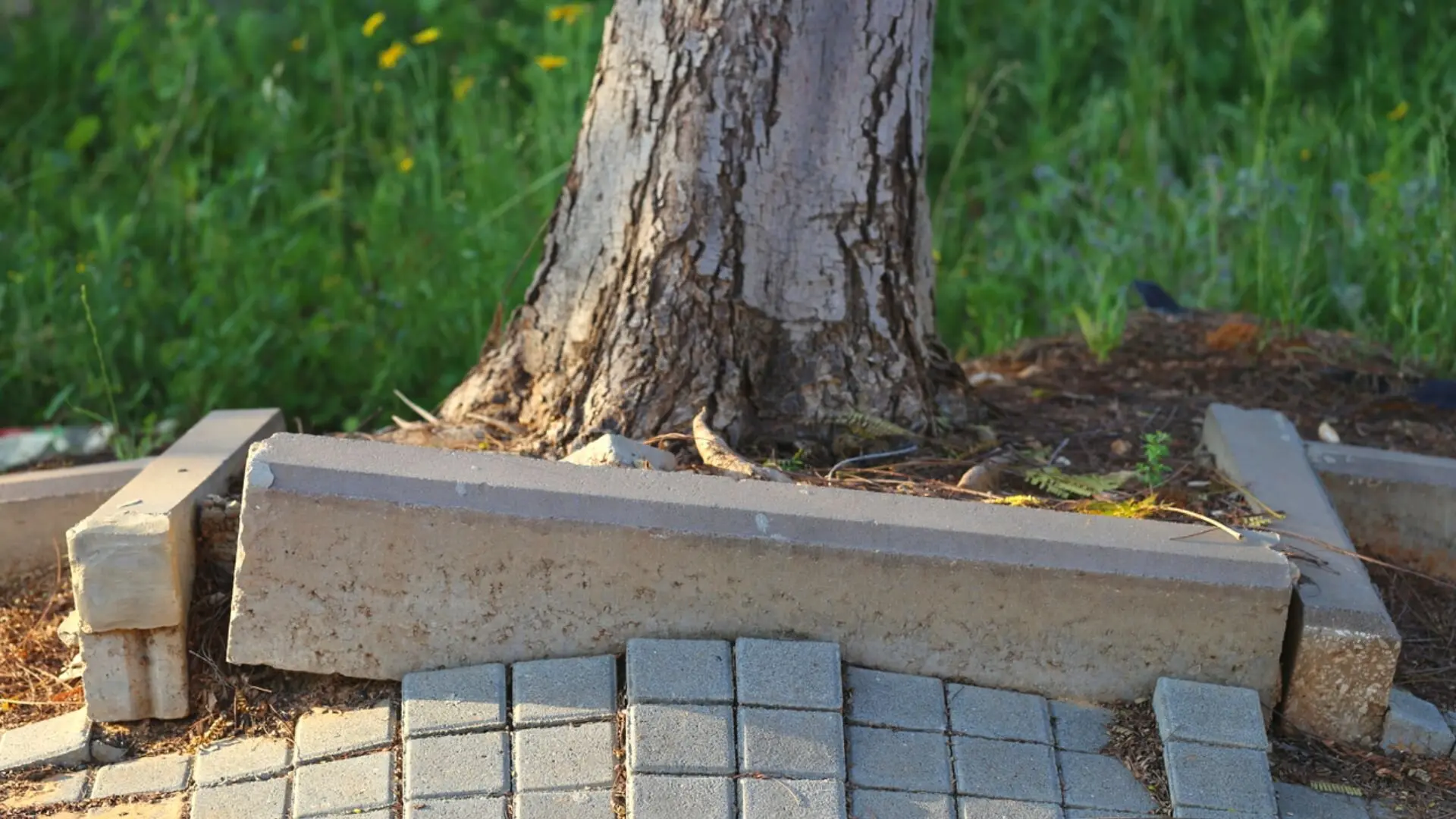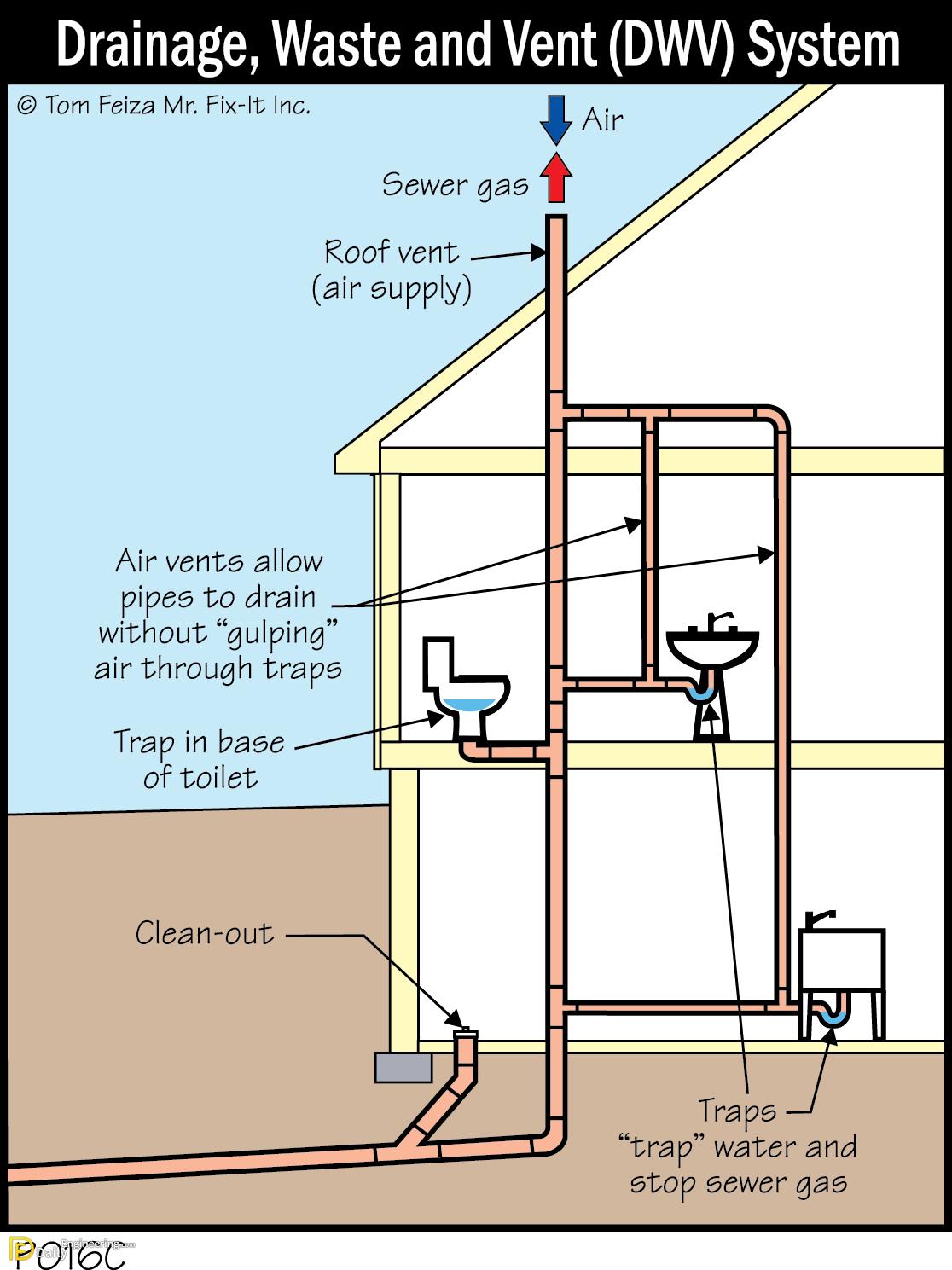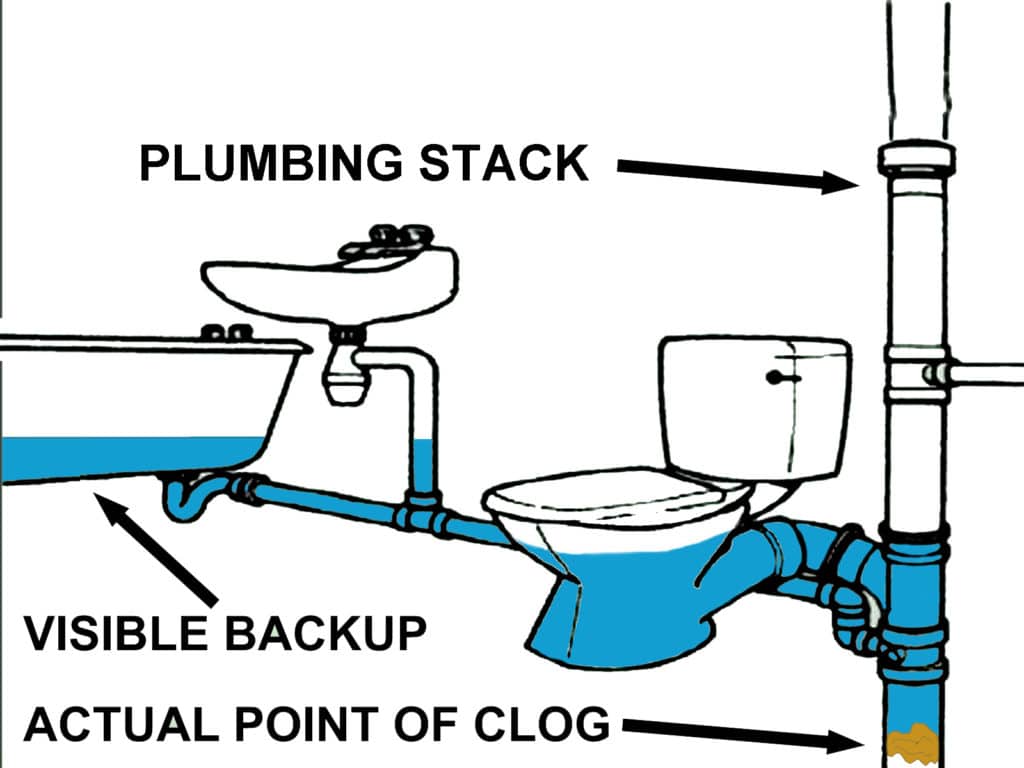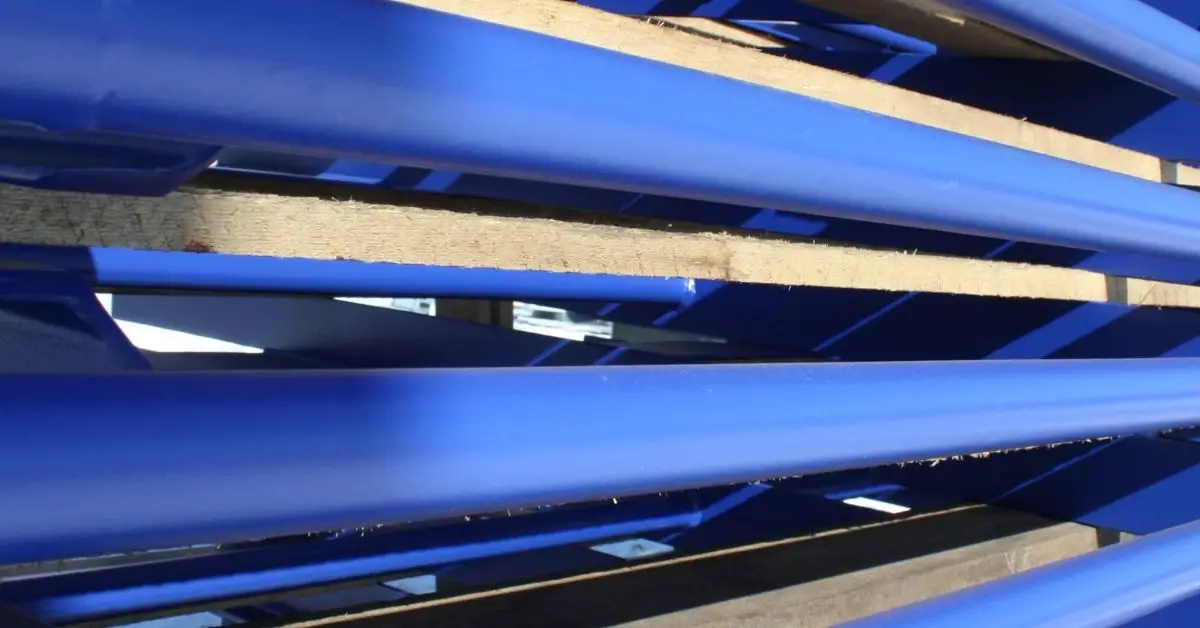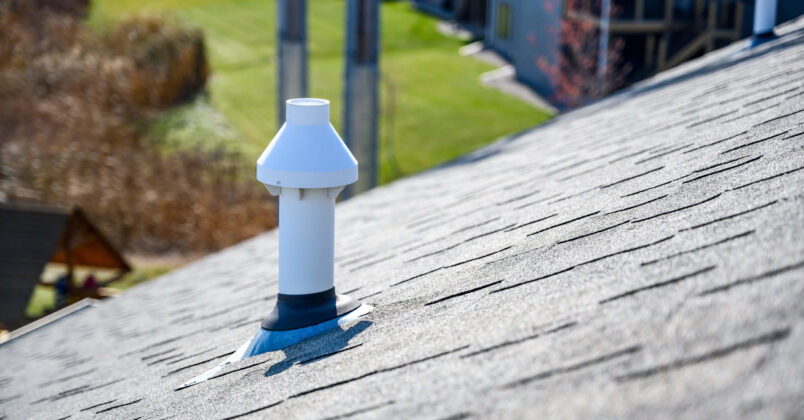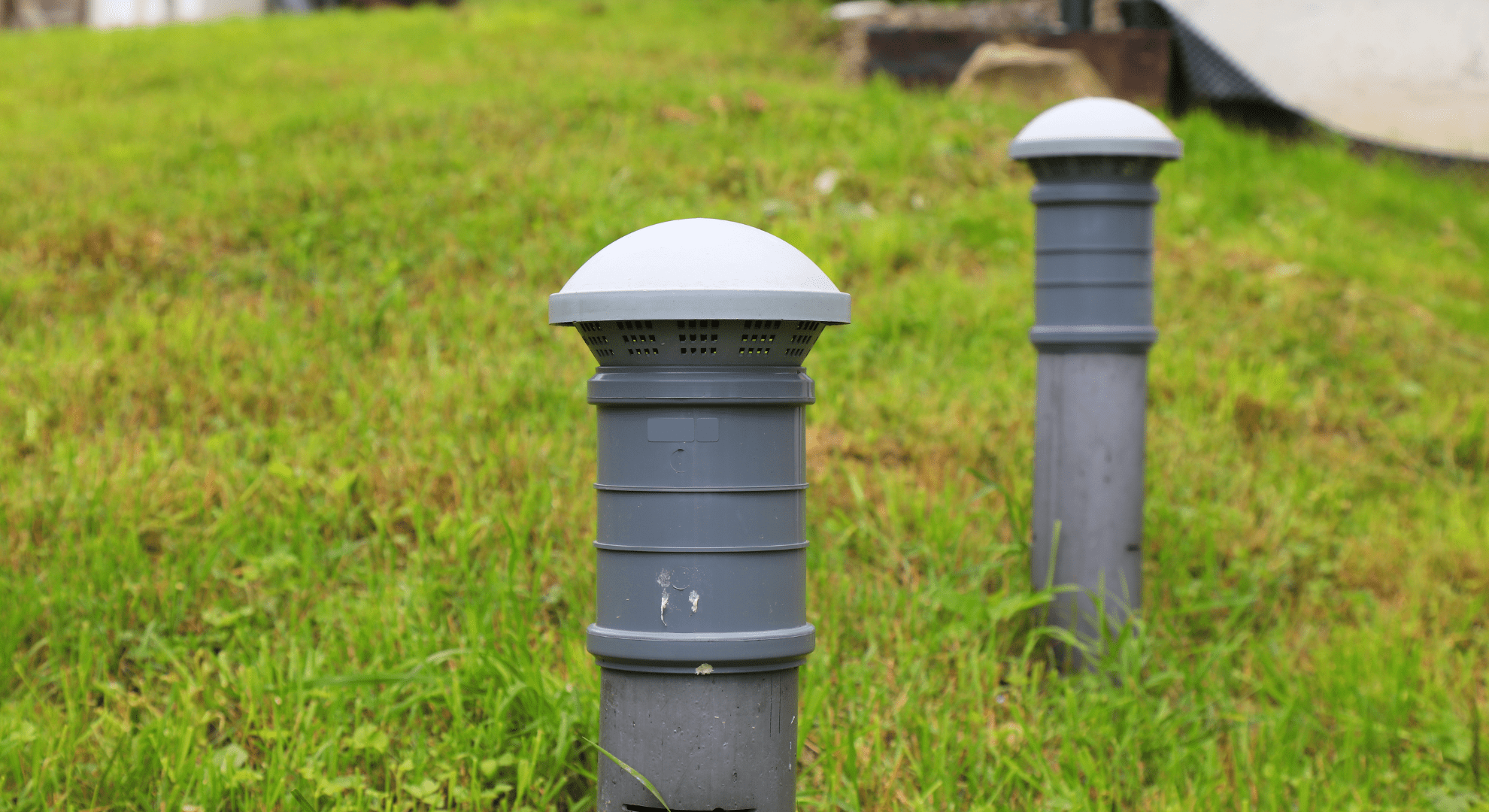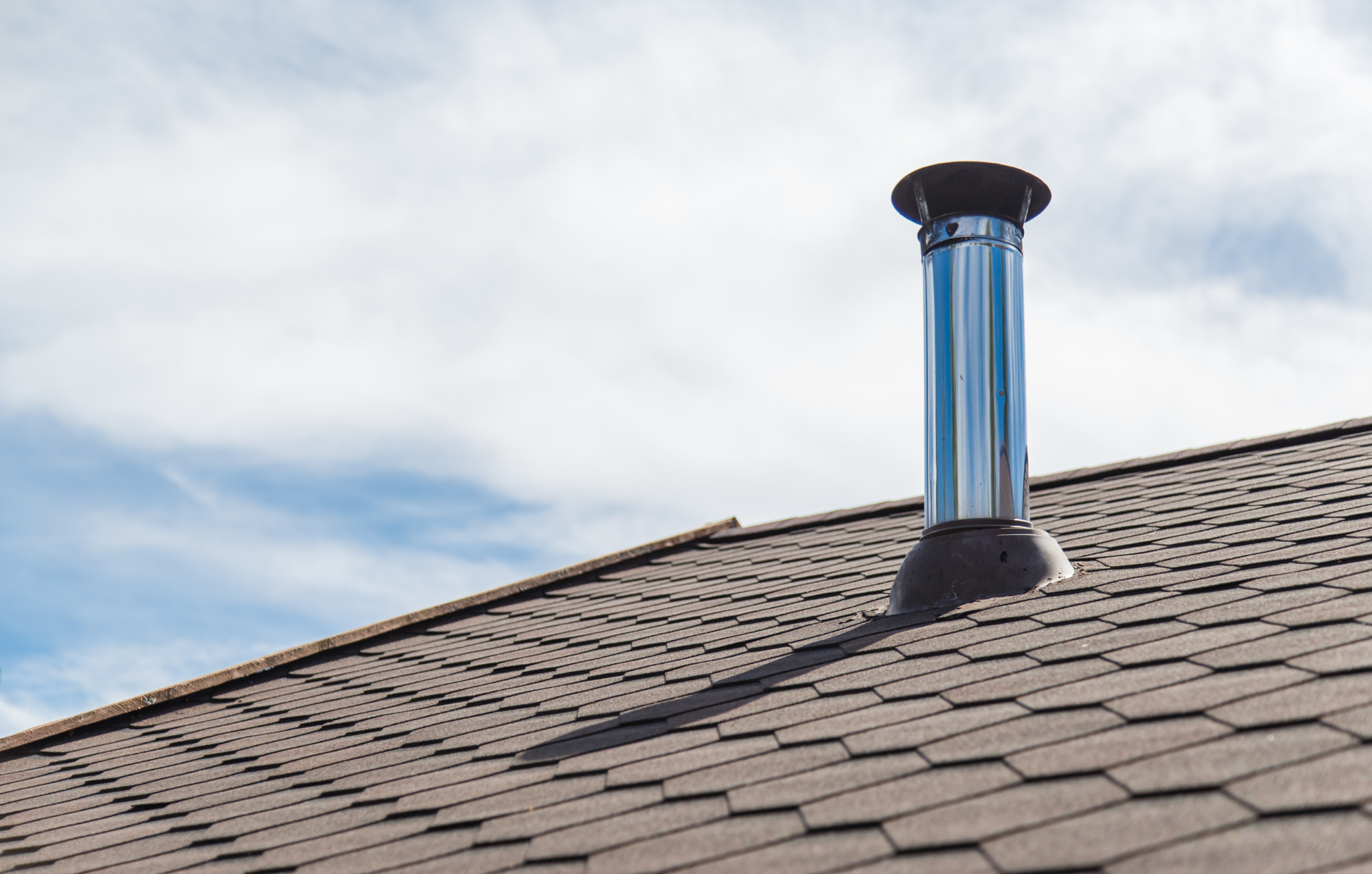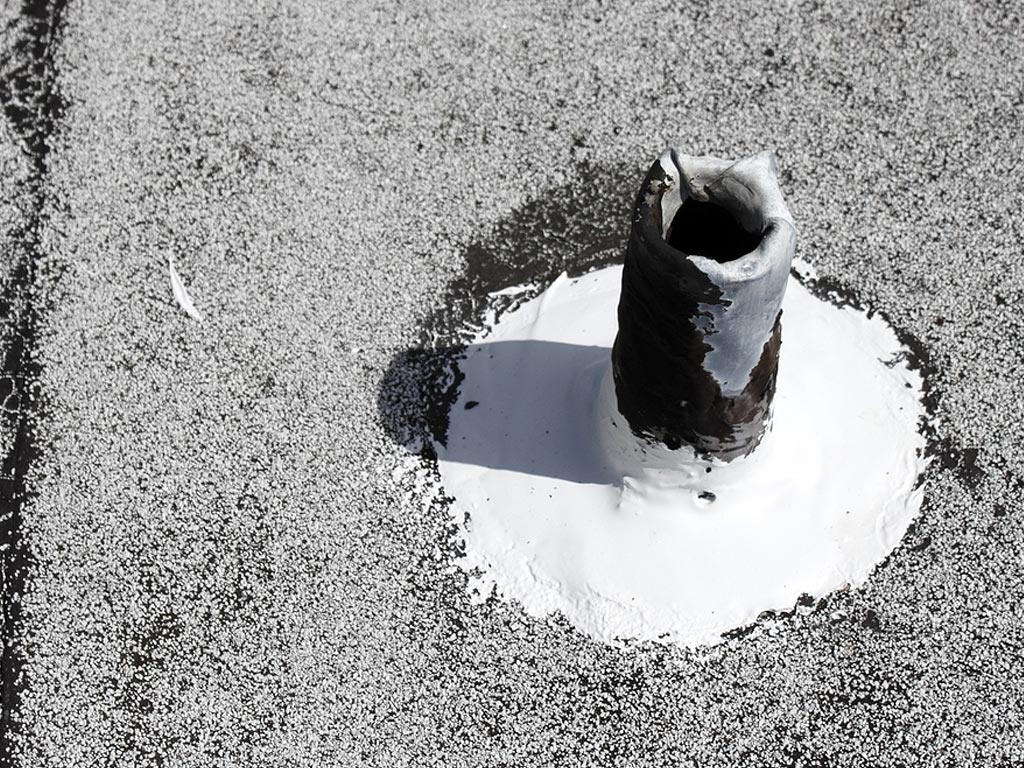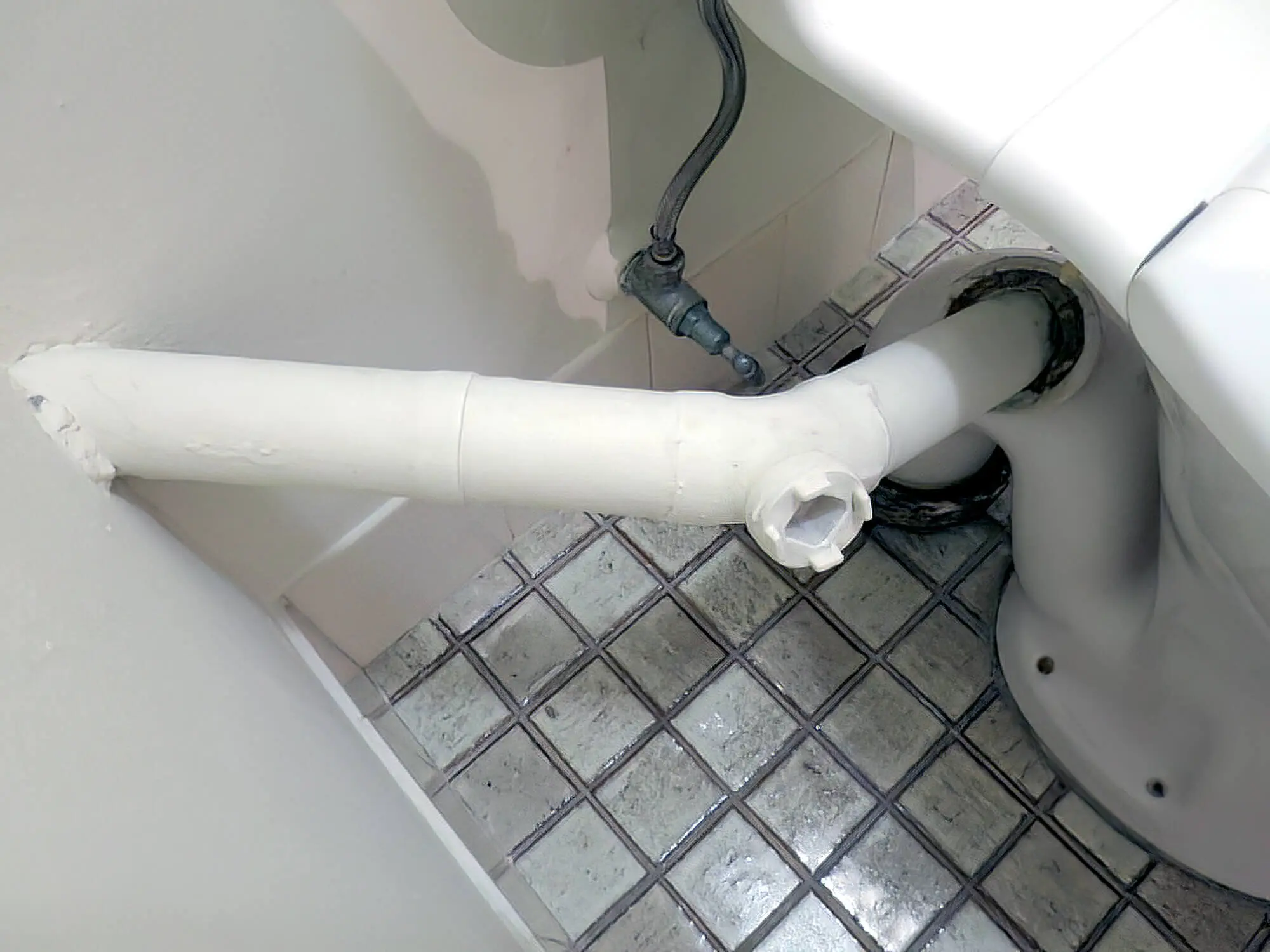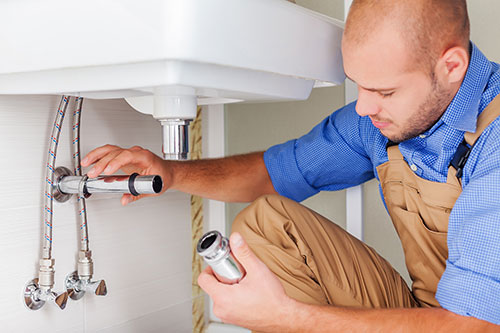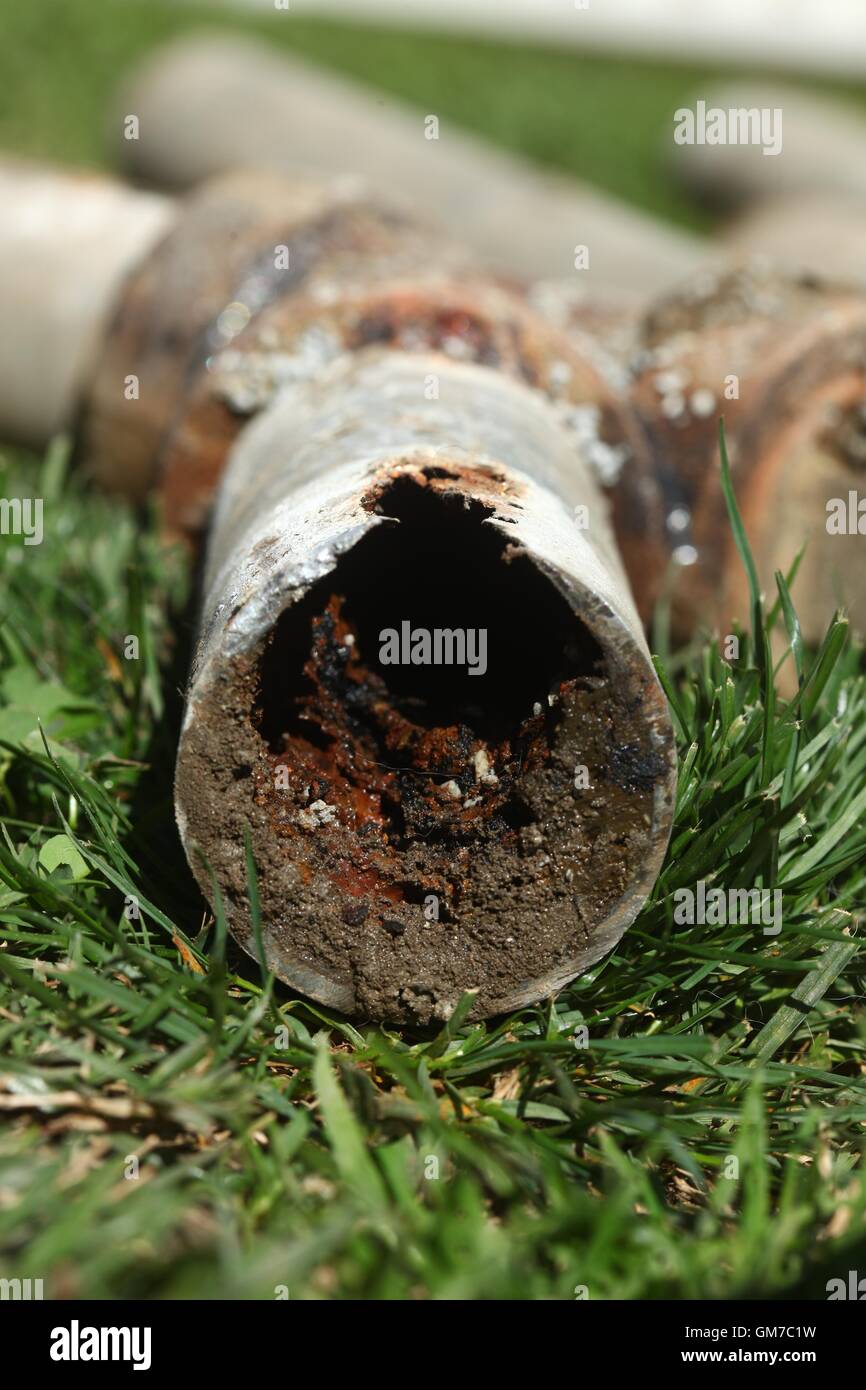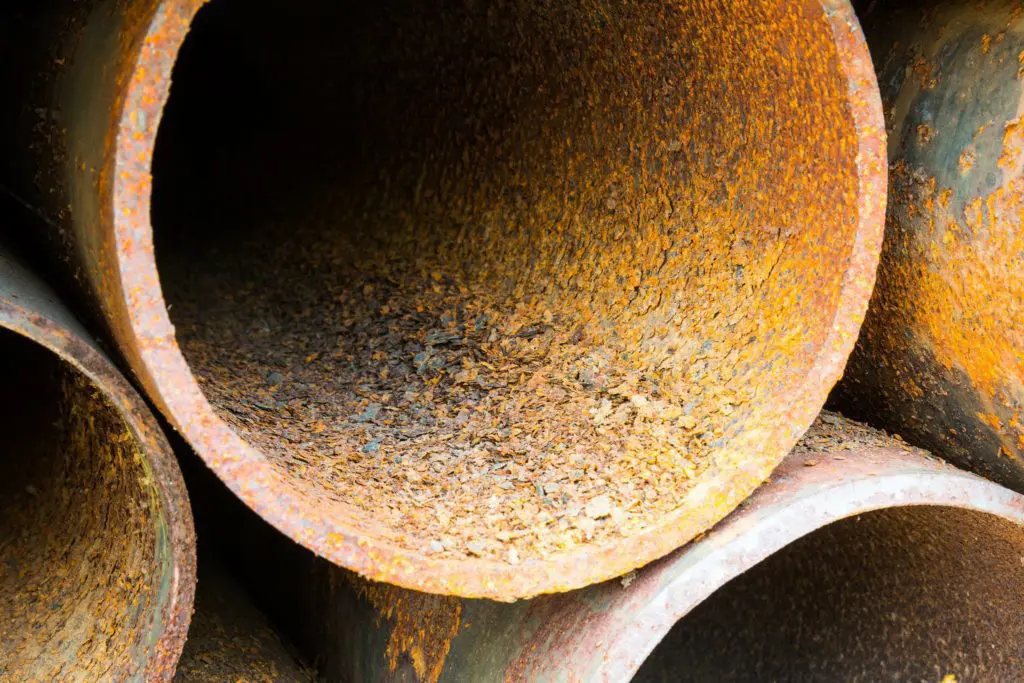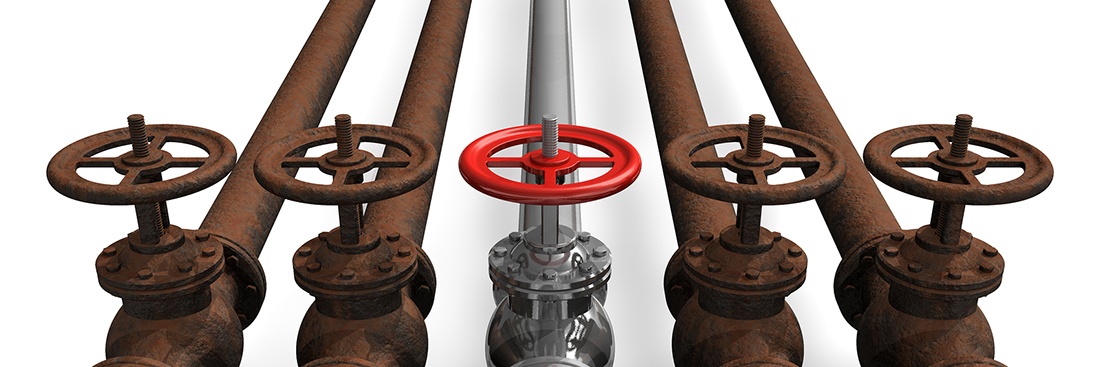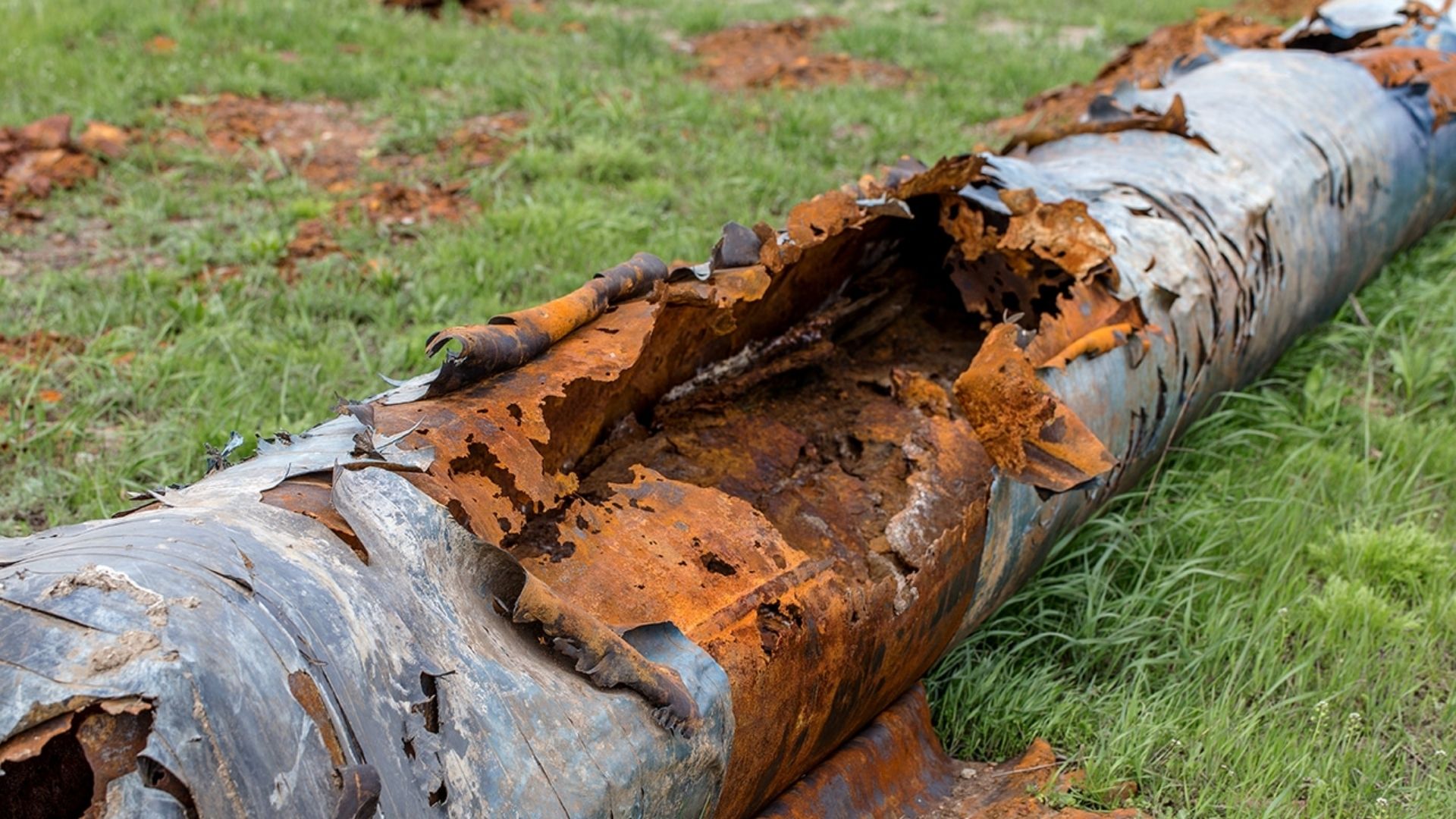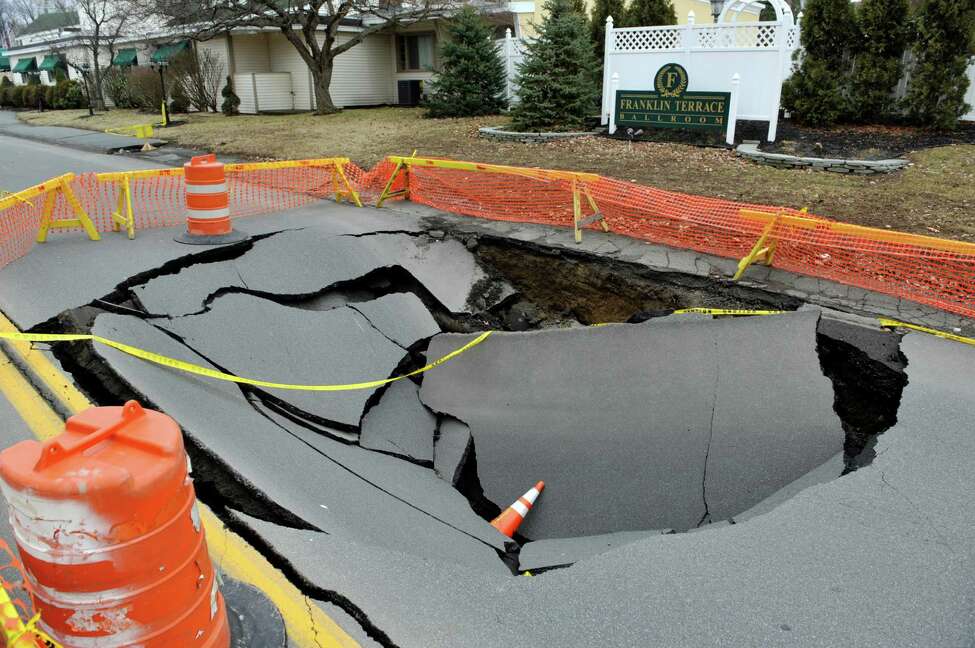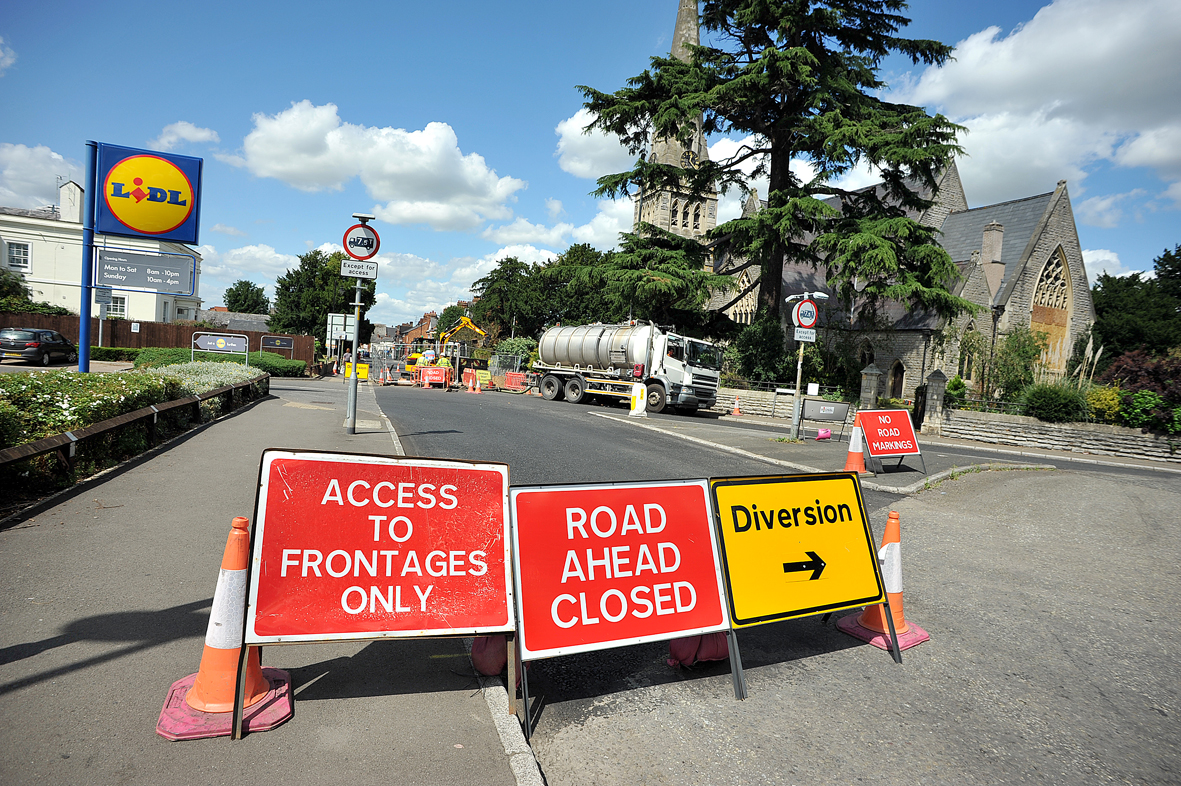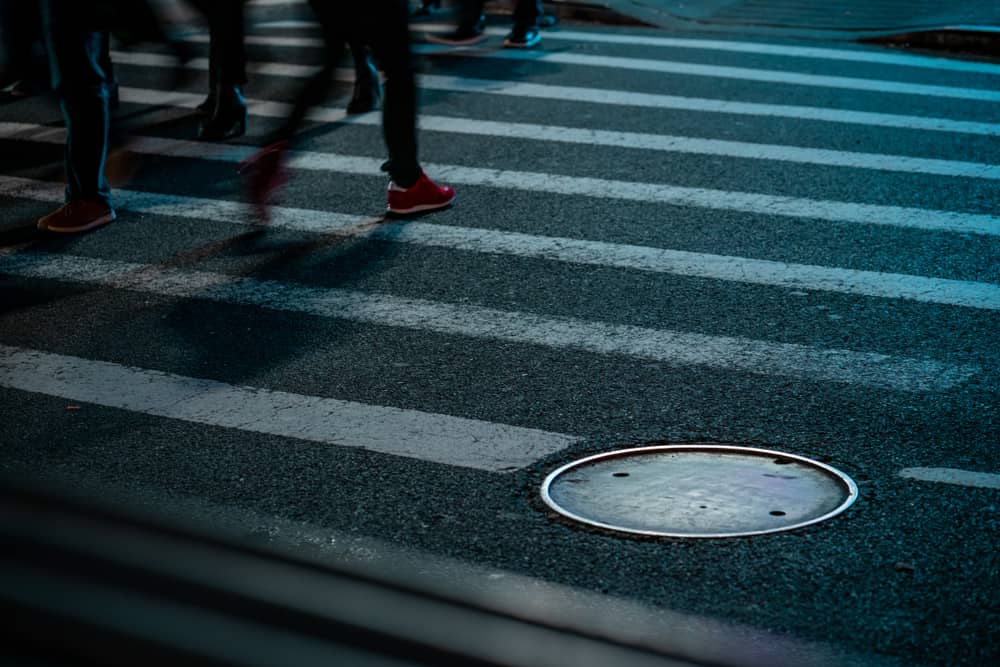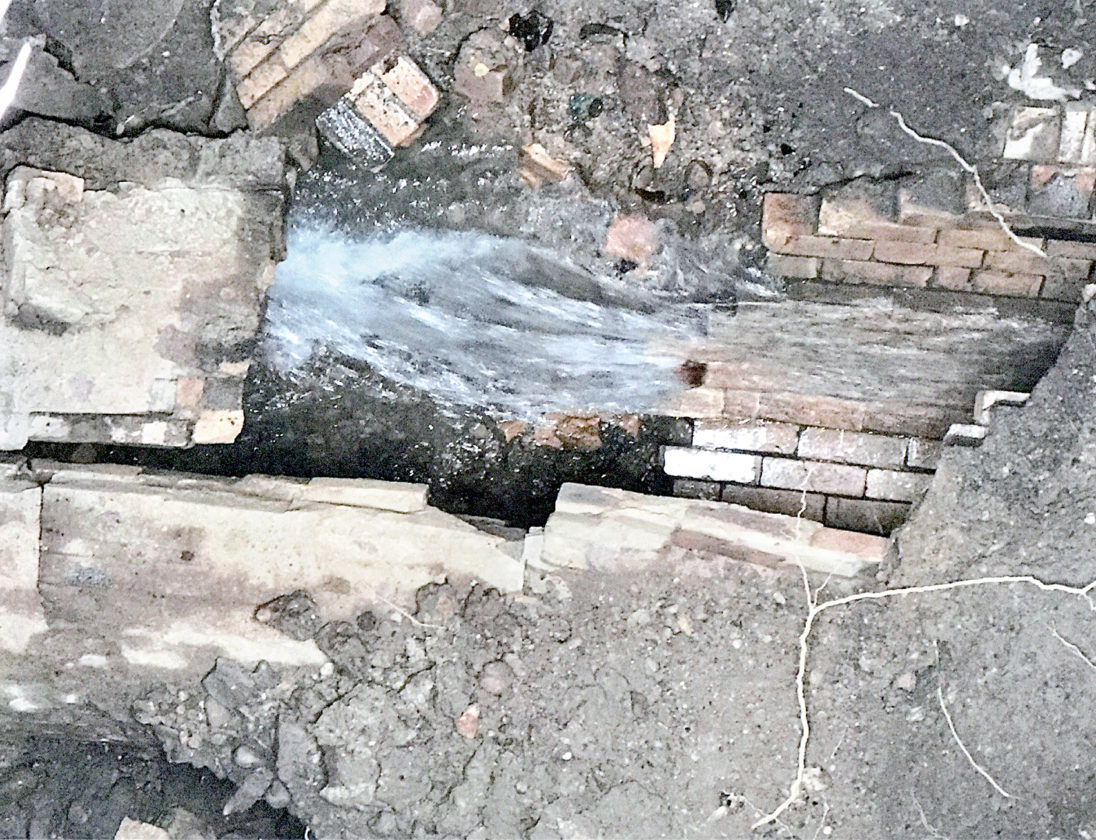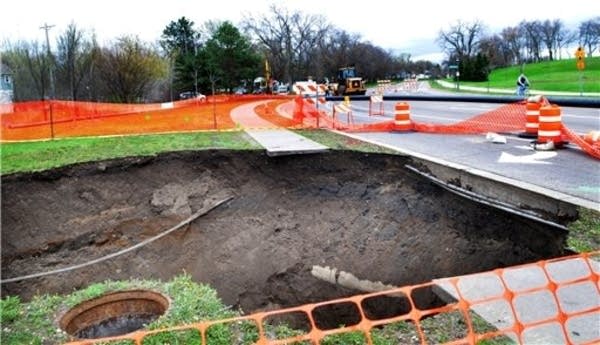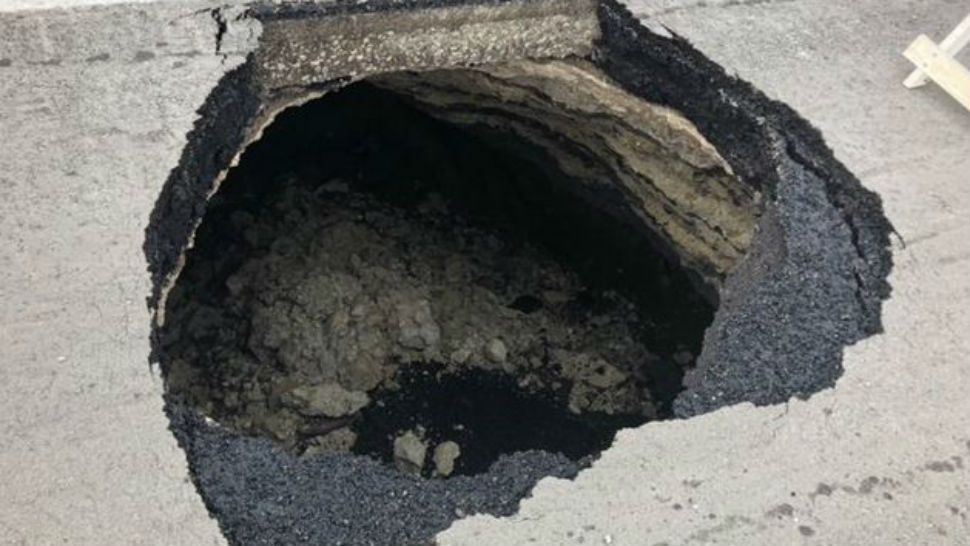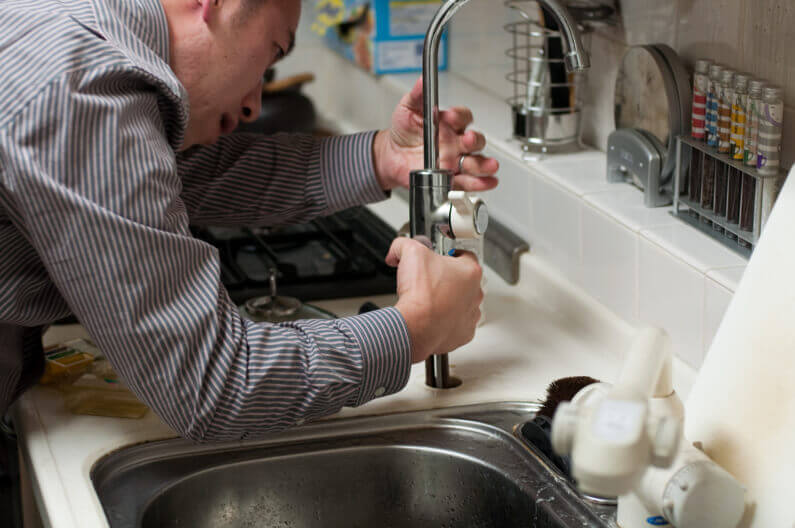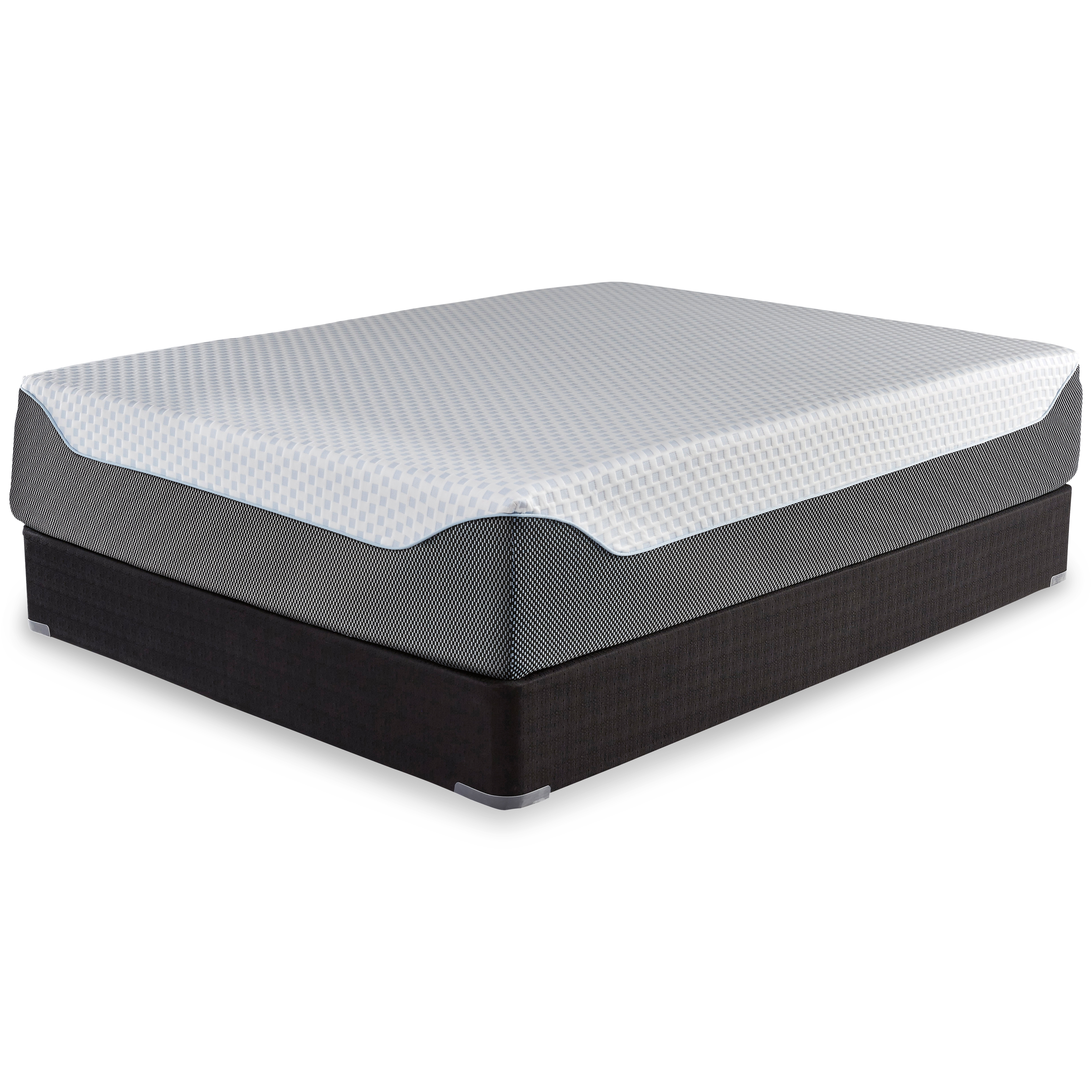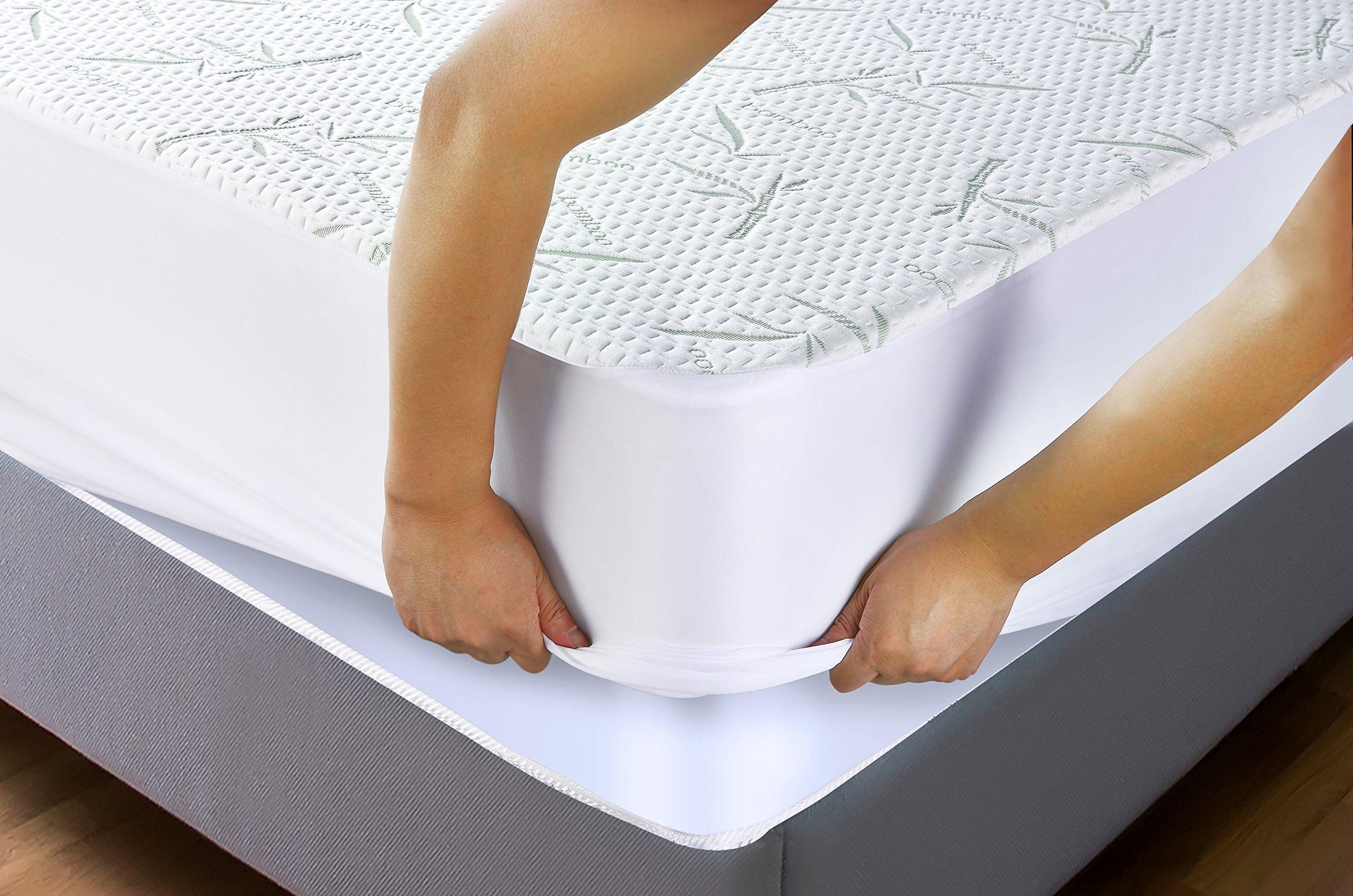One of the most common causes of wastewater backing up in the kitchen sink is a clogged drain. Over time, debris such as food particles, grease, and soap scum can build up in the drain, causing it to become blocked and prevent water from flowing properly. This can lead to a backup of wastewater in the sink, which can be a major inconvenience and health hazard.1. Clogged Drain
If your kitchen sink is backing up with wastewater, it could also be a sign of a blocked sewer line. This is a more serious issue as it can affect not only your kitchen sink but also other drains in your home. A blocked sewer line can be caused by a buildup of debris, tree roots, or even a collapsed pipe. It's important to address this issue as soon as possible to avoid further damage to your plumbing system.2. Blocked Sewer Line
Grease buildup is a common problem in kitchen sinks, especially if you frequently pour cooking oils and fats down the drain. Over time, these substances can solidify and create a thick layer of grease that can clog your drain and cause wastewater to back up into your sink. To prevent this, it's important to properly dispose of cooking oils and fats in a separate container and dispose of them in the trash instead.3. Grease Buildup
If your kitchen sink has a garbage disposal unit, a broken or malfunctioning unit could be the reason behind the wastewater backup. A garbage disposal helps to break down food particles, but if it's not working properly, it can lead to clogs and backups in your sink. It's important to regularly maintain your garbage disposal and have it repaired or replaced if necessary.4. Broken Garbage Disposal
If your home has a septic tank, a backed up kitchen sink could be a sign of issues with your tank. If your septic tank is full or not functioning properly, it can cause wastewater to back up into your home's plumbing system. This can be a serious health hazard and should be addressed immediately by a professional septic tank service.5. Septic Tank Issues
In some cases, tree roots can grow into your home's plumbing pipes and cause blockages. This can be a particularly tricky issue as the roots can be difficult to remove and may require the help of a professional plumber. If you suspect that tree roots may be the cause of your kitchen sink's wastewater backup, it's important to address it as soon as possible to prevent further damage to your pipes.6. Tree Roots in Pipes
Plumbing vents are essential for allowing air to flow through your plumbing system and prevent wastewater backups. If these vents become blocked, it can cause air pressure to build up and prevent water from draining properly, leading to a backup in your kitchen sink. A professional plumber can help to identify and clear any blockages in your plumbing vents.7. Plumbing Vent Blockage
In some cases, poorly installed plumbing can be the cause of a kitchen sink's wastewater backup. If pipes are not properly connected or sloped, it can lead to clogs and backups. It's important to hire a reputable and experienced plumber when installing or repairing plumbing in your home to avoid these issues.8. Improperly Installed Plumbing
Over time, pipes can become corroded and damaged, leading to clogs and backups in your kitchen sink. This can be caused by a variety of factors such as age, water quality, and chemical reactions. If you suspect that your pipes may be corroded, it's important to have them inspected and replaced if necessary to prevent further issues.9. Corroded Pipes
In rare cases, a sewer line collapse can be the cause of a kitchen sink's wastewater backup. This can occur due to old age, ground shifting, or other external factors. If you notice a sudden and severe backup in your kitchen sink, it's important to have your sewer line inspected by a professional as soon as possible.10. Sewer Line Collapse
How House Design Can Help Prevent Wastewater Backing Up in Your Kitchen Sink
Understanding the Problem
 Wastewater backing up in the kitchen sink is a common household issue that can cause frustration and inconvenience for homeowners. This problem occurs when the pipes in your kitchen become clogged with food debris, grease, and other substances, preventing water from draining properly. Not only can this lead to unpleasant odors and a messy kitchen, but it can also cause damage to your pipes and potentially lead to costly repairs. However, by implementing certain house design strategies, you can prevent this issue from occurring and ensure a smoothly functioning kitchen sink.
Wastewater backing up in the kitchen sink is a common household issue that can cause frustration and inconvenience for homeowners. This problem occurs when the pipes in your kitchen become clogged with food debris, grease, and other substances, preventing water from draining properly. Not only can this lead to unpleasant odors and a messy kitchen, but it can also cause damage to your pipes and potentially lead to costly repairs. However, by implementing certain house design strategies, you can prevent this issue from occurring and ensure a smoothly functioning kitchen sink.
The Role of Proper Drainage System
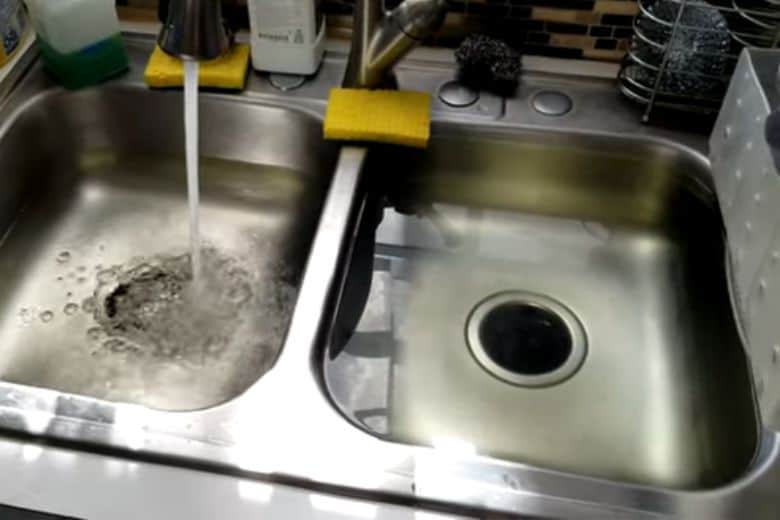 One of the main culprits of wastewater backing up in the kitchen sink is a faulty drainage system. If your kitchen sink is not properly connected to the main sewer line, it can lead to a buildup of wastewater that has nowhere to go. This can be avoided by hiring a professional plumber to install a proper drainage system during the house design process. They will ensure that all pipes are correctly connected and sloped to allow for proper water flow.
Pro Tip:
Consider using
grease traps
in your kitchen sink to prevent large amounts of grease and oil from entering your drainage system and clogging your pipes.
One of the main culprits of wastewater backing up in the kitchen sink is a faulty drainage system. If your kitchen sink is not properly connected to the main sewer line, it can lead to a buildup of wastewater that has nowhere to go. This can be avoided by hiring a professional plumber to install a proper drainage system during the house design process. They will ensure that all pipes are correctly connected and sloped to allow for proper water flow.
Pro Tip:
Consider using
grease traps
in your kitchen sink to prevent large amounts of grease and oil from entering your drainage system and clogging your pipes.
The Importance of Regular Maintenance
Smart Kitchen Design Choices
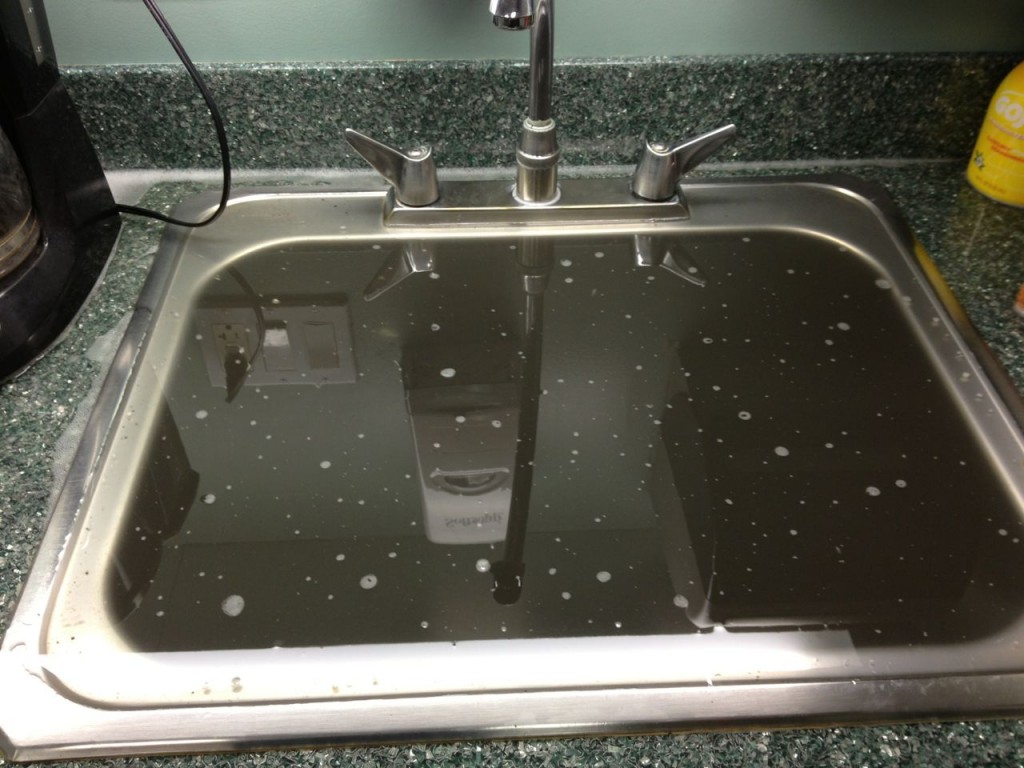 When designing your kitchen, it is essential to consider the layout and placement of your sink. A poorly designed kitchen can make it challenging to properly clean and maintain your sink, leading to a higher risk of wastewater backing up. Make sure your sink is placed in an easily accessible location and has enough space around it to allow for proper cleaning.
Pro Tip:
Consider installing a
garbage disposal
in your kitchen sink to help break down food waste and prevent clogs in your pipes.
When designing your kitchen, it is essential to consider the layout and placement of your sink. A poorly designed kitchen can make it challenging to properly clean and maintain your sink, leading to a higher risk of wastewater backing up. Make sure your sink is placed in an easily accessible location and has enough space around it to allow for proper cleaning.
Pro Tip:
Consider installing a
garbage disposal
in your kitchen sink to help break down food waste and prevent clogs in your pipes.
In Conclusion
 In summary, wastewater backing up in the kitchen sink can be a frustrating and costly issue to deal with. However, by implementing proper house design strategies, regular maintenance, and making smart kitchen design choices, you can prevent this problem from occurring and ensure a smoothly functioning kitchen sink. Don't hesitate to consult with a professional plumber during the house design process to ensure your kitchen is set up for success.
In summary, wastewater backing up in the kitchen sink can be a frustrating and costly issue to deal with. However, by implementing proper house design strategies, regular maintenance, and making smart kitchen design choices, you can prevent this problem from occurring and ensure a smoothly functioning kitchen sink. Don't hesitate to consult with a professional plumber during the house design process to ensure your kitchen is set up for success.










